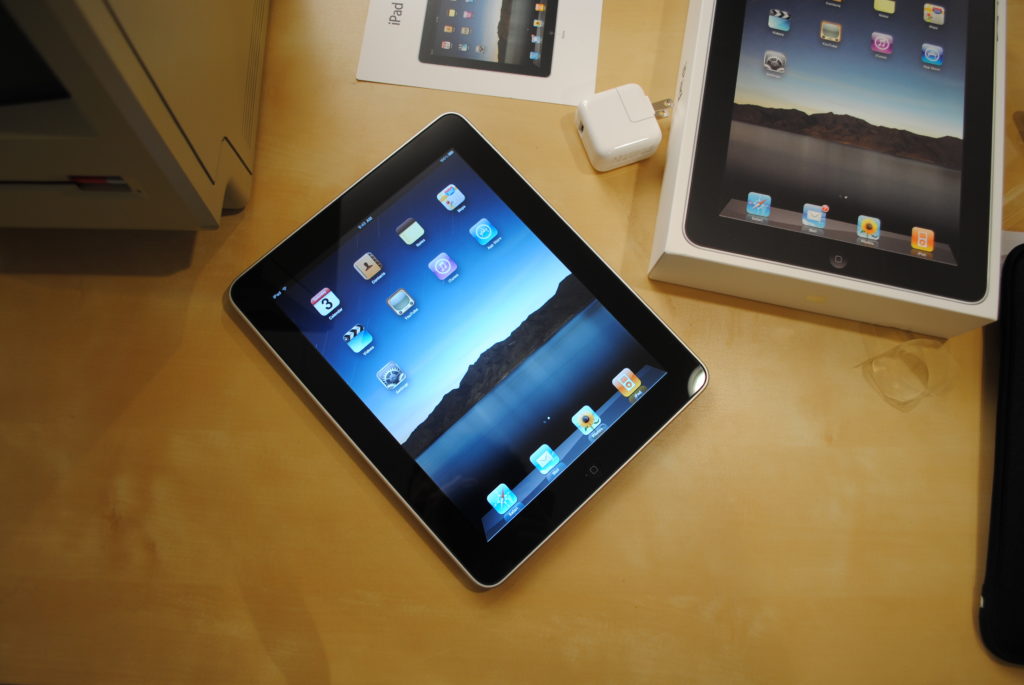While June is a month remembered for many things, including the end of the school year and the start of the summer, June is also Aphasia Awareness Month. As previously mentioned here on the blog, aphasia is a communication disorder caused by stroke or brain injury that affects a person’s ability to process and use language. While stroke is the most common cause of aphasia, it can also be the result of brain tumors, head injuries, infections, and other neurological conditions that damage the language centers of the brain. The good news for those living with aphasia is that there is HOPE. Research has found that individuals living with aphasia can improve their speech and communication skills, even years after they’ve had a stroke or brain injury. With the assistance and support of therapists, family members, and support groups like the ones at Magee, individuals with aphasia can recover language skills and learn compensatory strategies to help them to better communicate within a variety of settings.
In a world that becomes more technologically savvy each day, there are now ways for individuals with aphasia to continue to improve their communication skills with the use of smartphones and tablets. Listed below are some of my favorite free and reasonably priced communication apps and systems.
NOTE: It is recommended that all activities and applications be used under the instruction and guidance of a speech-language pathologist, as the applications are intended to supplement, and not replace speech therapy services. Activities are recommended to be individualized and tailored to specific individuals and their needs.
Augmentative and Alternative (AAC) Apps: These apps have software to help with the communication of basic wants and needs. Many AAC apps can be expensive but listed below are some free and low-priced programs. It is also a good idea to consult with a speech-language pathologist to see which type of communication app or device would work best based on individual needs and preferences.
- Lingraphica Small Talk Aphasia (Free)
- Lingraphica Small Talk Daily Activities (Free)
- YesNo HD (Free trial; $3.99 full version)
- Locabulary (Free)
- Tapgram (Free)
- PhotoVOCA (Free; digital communication board creator)
- Speak Aid ($2.99)
Text-to-Speech Apps: These apps enable you to type a message and then hit a button to speak the message.
- Verbally (Free)
- iSpeech-Text to Speech (Free)
- Speak It! Text to Speech ($1.99)
Therapy Activity Apps: These apps help individuals practice specific skills, including speech production, comprehension, and expression.
- SmallTalk Common Phrases (Free)
- SmallTalk Phonemes (Free)
- Lexico Cognition (Free trial)
- TalkPath Therapy (Free trial)
- Speak Aid ($0.99)
- Constant Therapy ($19.99): Provides dynamically updated exercises customized for each patient. It has a growing library of 58 science-based task categories and over 12,000 exercises (A Magee favorite)
- Tactus TherAppy (Free trial/lite version, $15-$25 for full versions of each app): Offers a wide variety of language and cognitive apps including comprehension, categories, naming, reading, and writing.
We would love to hear of more activities and communication systems that have worked for you or your loved one! What is your go-to aphasia app? Let us know! For more information on aphasia and to learn more about some of the apps listed above, visit American Speech-Language-Hearing Association or National Aphasia Association.
